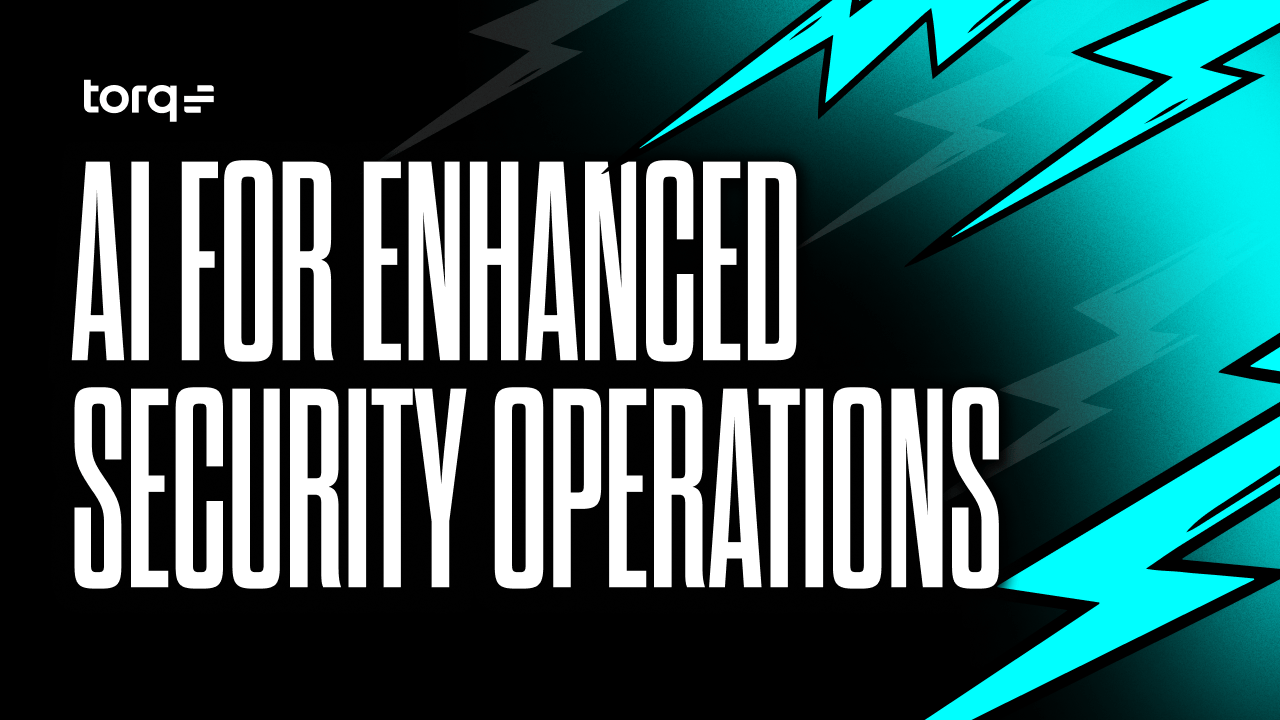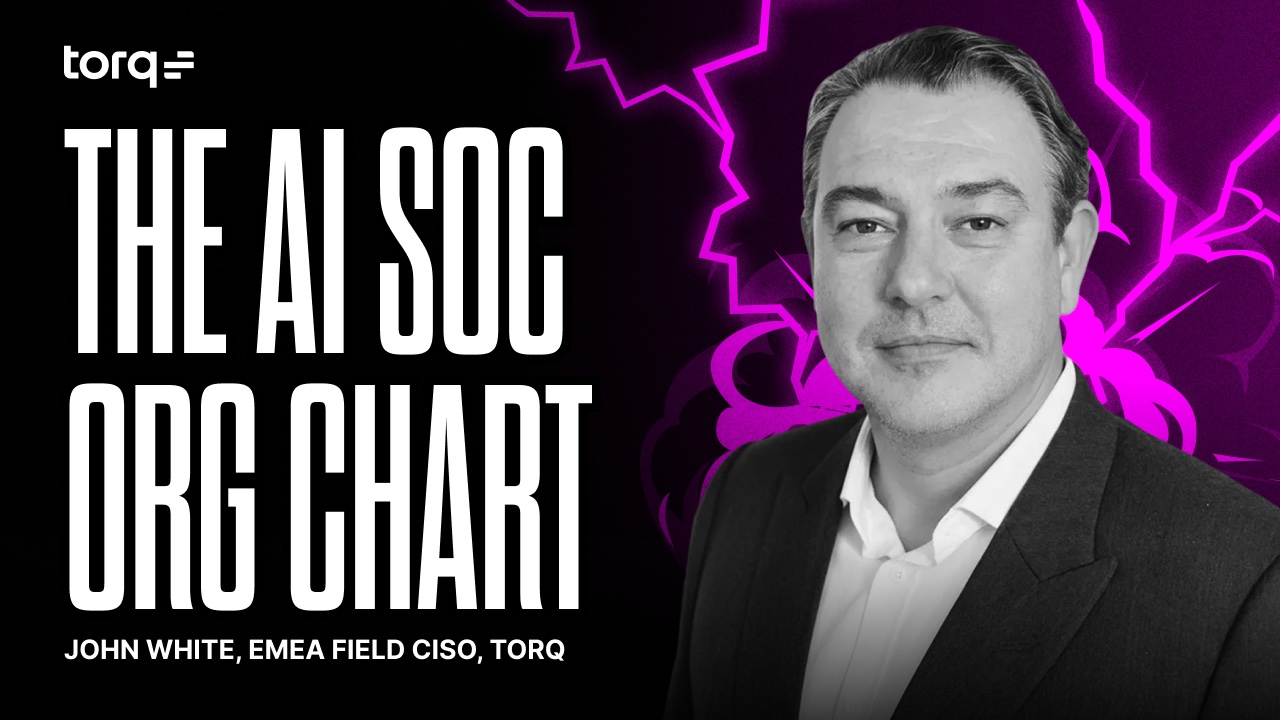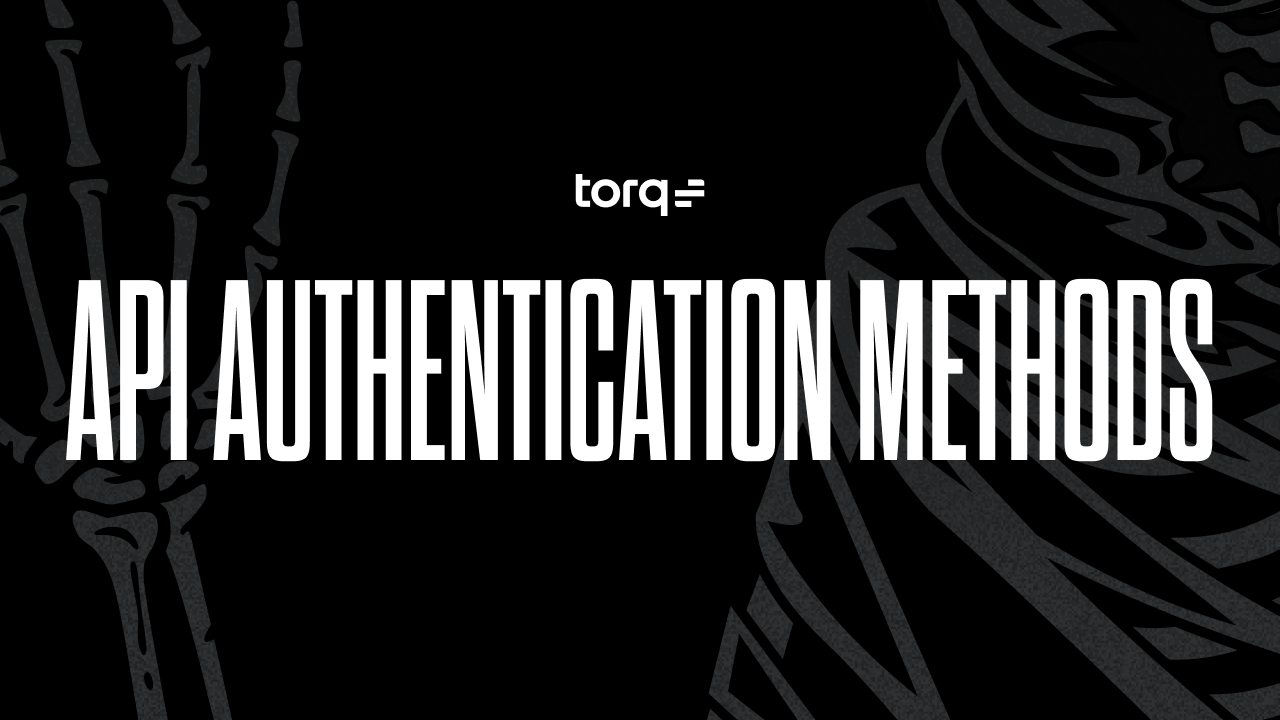Contents
Get a Personalized Demo
See how Torq harnesses AI in your SOC to detect, prioritize, and respond to threats faster.
How AI in SOC operations frees your analysts from repetitive tasks
Despite the rapid evolution of security technologies, many SOCs are still weighed down by manual processes and outdated tools. Analysts are burdened with repetitive tasks, inefficient workflows, and disjointed incident response mechanisms. This broken system is leaving SOCs reacting to incidents instead of preventing them.
There’s a better way forward. With Torq’s AI SOC Analyst, Socrates, security teams are redefining how they operate — moving from reactive to proactive and supporting efficiency at every level. Unlike traditional GenAI assistants, Socrates uses a Multi-Agent System (MAS) to plan, execute, and learn across every stage of incident response. Socrates enables security teams to automate mundane, repetitive tasks and take contextual action faster, moving towards an autonomous SOC and freeing analysts to focus on higher-order work.
Let’s explore how Socrates revolutionizes security operations by addressing three key use cases for AI in the SOC.
1. Intelligently Prioritized Cases
The average SOC is inundated with alerts, making it challenging to identify and prioritize critical cases. Manual case assignments consume valuable time and often result in misassignments that delay threat response.
With Socrates acting as the SOC’s AI OmniAgent, manual case assignment bottlenecks become a thing of the past. Socrates automatically triages incoming alerts, determines their priority level, and assigns them to the appropriate team or individual in real time.
This enables analysts to immediately focus on resolving high-priority cases without having to sift through data or determine who should handle what. The result is improved incident response speed and accuracy, reducing time-to-remediation, and easing the burden on your SOC team.
2. Smarter Human-in-the-Loop Remediation
Despite advancements in automated workflows, there are times when human input is essential for nuanced decision-making. Many SOCs struggle to effectively balance automation with human expertise. Legacy models often fail to integrate humans seamlessly into the process, leading to efficiency gaps.
Socrates streamlines human-in-the-loop workflows by notifying analysts when their input is needed. Analysts can quickly step in to guide the remediation process — whether it’s approving a firewall block, escalating an alert, or providing context for an investigation.
This real-time collaboration between AI agents and human expertise is designed to eliminate burnout without sacrificing control.
3. Automated Case Documentation and Admin Work
SOC analysts often dread documentation as it takes time away from real security work. Case notes, incident logs, and reports are necessary for compliance and auditing — but they can be a time drain.
Socrates alleviates the burden by automatically documenting cases as they evolve. Using natural language processing and contextual awareness, Socrates automatically logs actions, summaries, and case updates from start to finish. This reduces the need for manual input, prevents human error, and ensures consistent documentation across the board. By handling admin work in the background, agentic AI in the SOC frees analysts to focus more on proactive security efforts.
Why AI Agents Are the Future of AI in SOC Workflows
The pain of relying on legacy SOAR tools and manual processes is over. By integrating Hyperautomation with AI through Socrates, SOC teams unlock new levels of efficiency, accuracy, and strategic value. Socrates modernizes your SOC, from automatic case assignment and streamlined human-in-the-loop workflows to hands-free documentation.
Experience the power of Socrates — the AI SOC Analyst that keeps pace with today’s most intense challenges.









